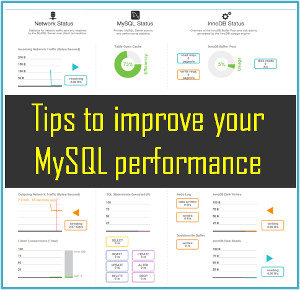Everything You Should Know About GDPR
The General Data Protection Regulation (GDPR) came into force on May 25th, 2018. This enforcement targets the EU region and any company in direct dealings with EU. The GDPR is essentially a set of rules and regulations that have the potential to flip the relationship between the extensively-large tech companies whose prime sustenance is data collection and the users that they collect it from.
What Is the GDPR?
The GDPR is basically a rule passed by the European Union back in 2016 and has come to force this May. This newfound policy aims to set new rules as to how companies are going to manage and share their personal data from now on. Due to the global nature of the internet, nearly every online service is affected. This has led to drastic changes that the US companies have to adopt as well.
The Rules Come into Force on May 25th
First and foremost, the GDPR has been known to set a higher bar for obtaining personal data than anyone has ever seen before.
By default, any time a company gathers personal data on an EU citizen, it will require explicit consent from that person. Moreover, the users have the power to request all the data, which a company has, from it to verify the consent. This implies rewriting the rules as to how ads are targeted online.
Secondly, the GDPR’s penalties are stern enough that the entire industry has its attention. Extreme fines for every violation are set at 4% of a company’s global turnover or $20 million, whichever is larger. Only tech giants like Google and Facebook can withstand a fine such as high.
It is important to note that the EU parliament gave the companies a time span of 2 years, before coming into force, where the companies were meant to change their existing policies and attain GDPR certification.
What Change Will We Notice?
The most immediate changes will be in Terms of Service warnings. The GDPR’s notion of consent needs a lot more as compared to the previous regulations; companies will be asking for permission to collect your data in unambiguous terms.
What Is Happening Behind the Scenes?
You have full authority over all the data a company has on you, something companies have already started rolling it out. Moreover, this can help to unwind platform dominance by enabling you to transfer data between networks.
Will Companies Collect Data Even More Privately?
It is too early to say anything with regards to that. We are aware of what compliance looks like, but we still don’t know how aggressive the EU regulators will be.
This is not everyone is prepared for GDPR. However, companies from Google to Slack have been quietly updating their terms, employing newfound data tools, rewriting contracts; basically, everything necessary for the preparation of the GDPR. Still, an overwhelming majority is not sufficiently equipped for the massive legal shift.
Moreover, this has not only affected the companies but due to publicized contract conflicts, is starting to affect the average web user as well. So do the rightful today and get your business to maintain a safe and secure network to follow the regulations and evade unnecessary problems afterwards.


 Mudassar
Mudassar






